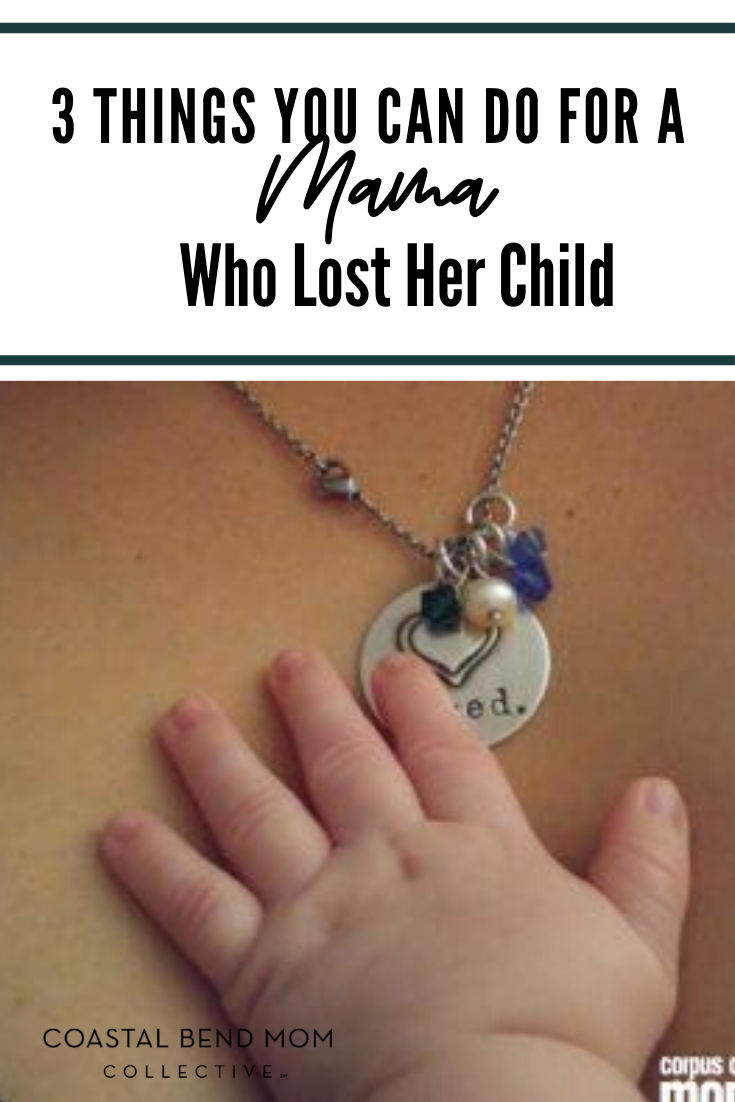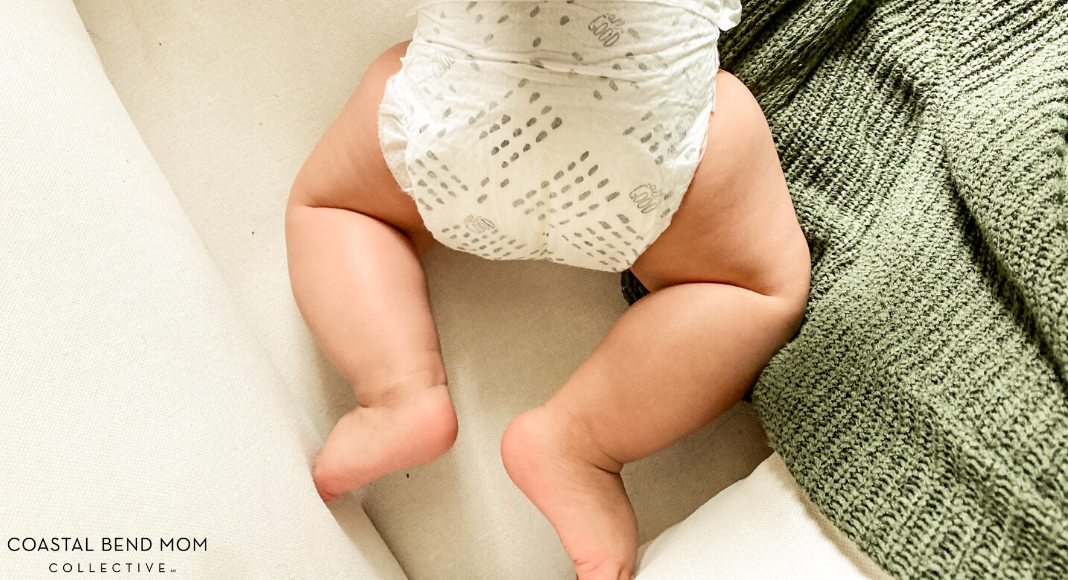
Pregnancy and infant loss is a club no one wants to be a part of, but unfortunately 1 in 4 people will join. I joined this really crappy club on July 4, 2019 when I lost my daughter, Brogan, at 21 weeks of pregnancy. The ideas below helped me immensely and I hope they can also help you support someone you love who is navigating through this tragedy.
- Food. I lost my appetite for weeks after losing our daughter. I could barely feed myself, let alone my husband and son. Having friends bring by food was so helpful. I also had a group of friends who lived far away send us a gift card to a meal delivery service that had premade meals. Other options would be for gift cards to Favor, UberEats, GrubHub, etc.
- Childcare. Thankfully my son was in daycare when all of this happened, so I was able to use that time to truly morn in whatever way I needed to that day. If he wasn’t in daycare, having a friend take him for a few hours would have been so helpful.
- Remember the other parent/family member. Many times the person who gave birth is the focus of those who want to offer support, but remember, there may be another parent and children who are also grieving.
- Phone calls. We spent so many hours on the phone between hunting down birth/death certificates, insurance, and deciding what to do with her remains. Having to explain over and over again what happened was a punch in the gut every time. Having someone take over some of these phone calls would have been the greatest gift.
- Take pictures. One of my biggest regrets is not having pictures of my daughter. We were in such shock at the time of delivery that we didn’t think to take pictures. Having a friend come in and take pictures of our daughter and us as a family would have been so valuable. Taking pictures at a funeral or other memorial service is a good idea as well.
- Be a listening ear. I understand that this is a really hard topic to talk about, but having a few good friends who I could vent my sadness, anger and guilt to was invaluable. They listened to all of my emotions, the good, bad and ugly without judgement, and it was so appreciated.
- Remember special dates. Your loved one will have a few dates burned into their memory for the rest of time. Their child’s would-be-due-date (if they delivered early,) their birth date, their death date and possibly the date they found out they were pregnant are all dates that will be very emotional. Reaching out with an invitation to get them out of the house, a coffee delivery, or even just a kind word will mean everything.
- Talk about their baby. This is specific to each individual, but I feel like my daughter is remembered and loved when someone says her name or talks about her.
- Make a donation in their child’s honor. We sadly learned that many families go into debt paying for their child’s funeral. If you are able, ask your local funeral home if they have a fund you can donate to, or pay off the debt of a child’s funeral that has already happened. You can also donate to The TEARS Foundation who assists families with the costs of burying their child.
- Research support groups in their area. This is not everyone’s cup of tea, but having to do the research may be the hurdle that stops the grieving parent from seeking help. Also finding support groups for the other parent and children in the family could be helpful.
- Continue to check in on them. Just because months or years have passed doesn’t mean that your friend has moved on. Continue to check in on them, especially around hard dates, or if a subsequent pregnancy occurs.

Things NOT To Do
- Don’t use clichés. Having people tell me “it was meant to be,” “all things happen for a reason” and “she’s in a better place” had me seeing red. I know these saying are meant to make the grieving person feel better, but they don’t. If you don’t know what to say, just tell them, “I don’t know what to say, but I can sit with you if you’d like that.”
- Don’t tell the grieving person to reach out if they need help. In most cases, they won’t. They don’t want to feel like a burden, they’re afraid their grief will scare you and they may not know what help they need. Depending on your level of closeness, drop a meal at their door, come in and tidy the house, change the sheets so they have a clean bed to sleep in, or take the kids for a few hours so the grieving person has a moment to themselves.
- Don’t assume a subsequent pregnancy and/or birth will make them forget about their other child.
If you are navigating through the tragedy of losing a pregnancy or child, I am so, so sorry. It’s a club I wish no one had membership to. If there is something else that helped you through your grief, please leave it below.
















